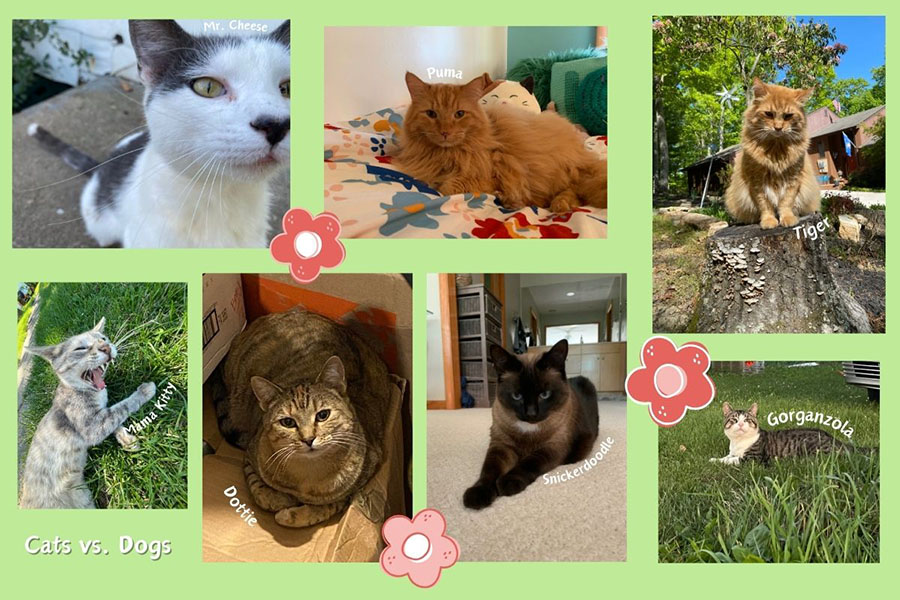As a society, we have again found ourselves at a moment of time full of inequality and injustice, real or perceived, and again, many of us have answered the call of one social movement or another in hopes of effecting change.
What I am seeing at this juncture, however, is the inability to effectively plan and carry out a meaningful movement and thus to see real results. We are seeing protests turning violent and members who are not fighting for the real meaning of the cause, but purely for personal gain and with ineffective tactics.
I am not pinpointing one movement in particular and would like to assure you all that the movements I will use as examples are not necessarily movements that I support or disagree with. I merely feel that these movements should learn from the past and use that knowledge to better carry out their missions.
Recently, during a protest against raising tuition on the UW-Milwaukee campus, several students reportedly stormed administration offices and threw ice chunks at police. I say reportedly because the details of this event have not been confirmed. However, this is a good example of a movement in which potential violence has taken away from the cause of supporters.
While it was reported that the students were fighting against the raising of tuition, thus giving their movement some publicity, it was also reported that they acted violently. Actions like these move the focus of the public from whether or not to support the movement in question to whether or not they could support a movement that has in the past been violent.
We see violent protests all over the world. In Siyathemba, a township near Johannesburg, South Africa, violent protests have taken place in spurts for the past year. They are protesting the lack of water, electricity and other basic services to their township. It is a valid grievance, to be sure, but they have seen few results. They have burned tires, they have stoned police officers and they have destroyed businesses, and that’s all that the world is hearing about.
Almost any social movement can benefit from the use of the media to spread its message, but this is not the way to do it.
Another good example of a social movement that is not getting good publicity is the Tea Party movement. Although the Tea Party has gotten massive amounts of airtime on news programs, this coverage rarely portrays it in a good light. The general public has seen these people as backwards and uneducated. This is not because every member of the movement is indeed backwards and uneducated, but because the members and the actions that get noticed are backwards and uneducated.
The Tea Party movement’s members believe that one of its greatest assets is the number of supporters it has. Indeed, they have hosted giant marches in Washington and have gotten noticed for their alarming numbers, but they have also gotten noticed for spitting on politicians and the use of derogatory terms.
Social movements, if they are to be successful, require planning, resources and, most importantly, in my opinion, effective tactics. When the Tea Party movement started, with small demonstrations, featuring speakers and nonviolent antics, it saw support. Now, as their numbers have grown, they have adopted many members who are not supporting the movement for its actual cause, but because they are not happy with President Barack Obama and see joining this movement as a means to an end. These people are riding the coattails of a movement and in turn distorting its meaning.
I’m not supporting a society of inaction. I am supporting a society of calculated actions. Rosa Parks was not just a random woman who didn’t want to stand on the bus. She was a woman with a strategy, she was a resource to the movement, and she, in herself, saw a tactic. What I am asking is that the social movements of today learn from activists like Rosa Parks and movements like the Women’s Rights Movement and put what they have learned into action. I am asking not to see more violence on the news at night, and I am asking for an effective end to today’s injustices.
Harvey is a junior print journalism major and guest columnist for The Spectator.






